Prunus laurocerasus 'Rotundifolia' 3L Willowbrook Nursery and Garden Centre
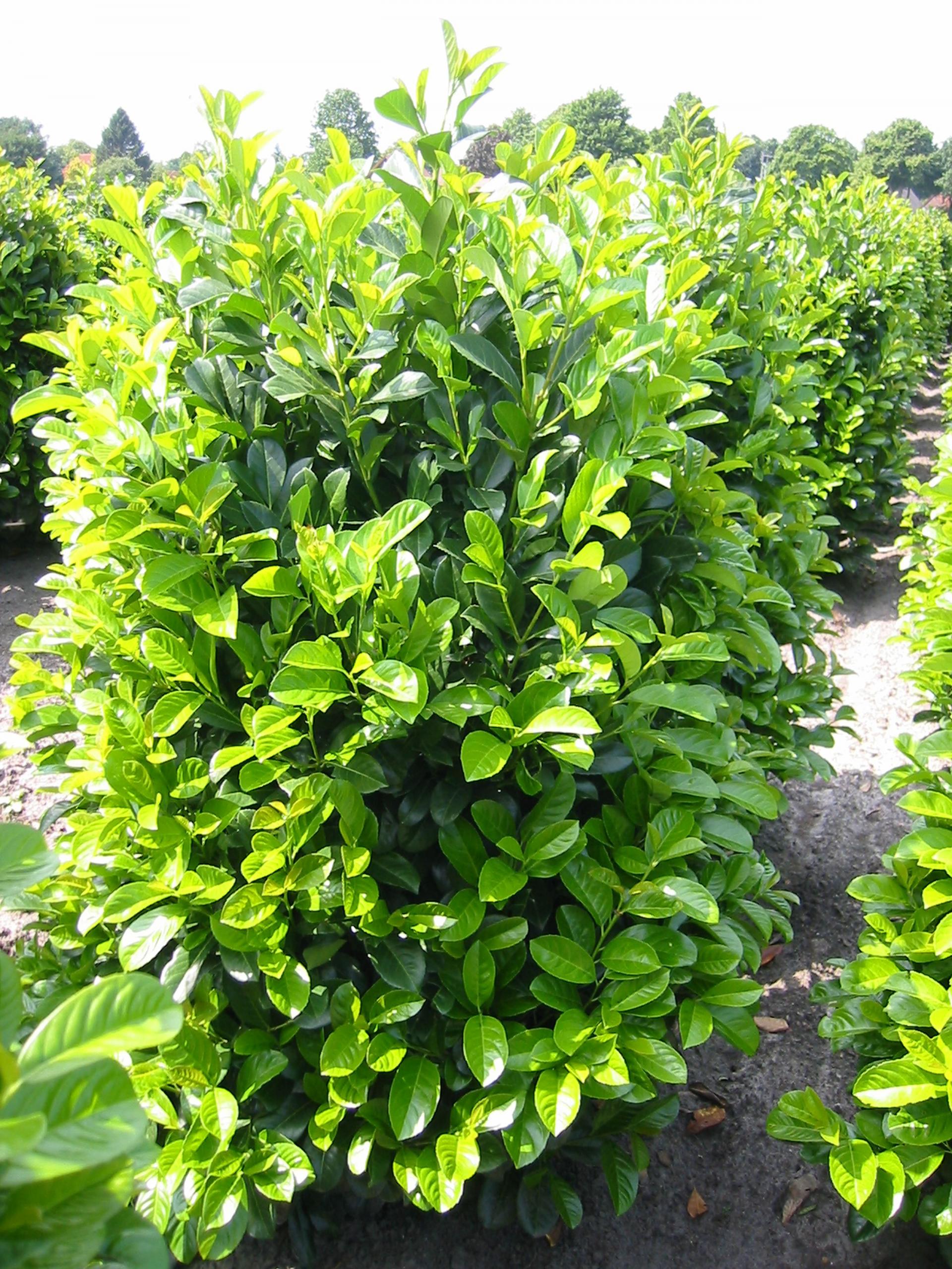
Prunus laurocerasus 'Rotundifolia', Prunus laurocerasus 'Rotundifolia'
Commonly known as Cherry Laurel or English Laurel, Prunus laurocerasus is a vigorous, broad, spreading evergreen shrub prized for its dense, glossy foliage and creamy-white flowers. Prunus laurocerasus: An In-depth Look Cherry Laurel belongs to the Prunus genus, including apricot, cherry, peach, or almond trees.

Prunus laurocerasus 'Rotundifolia' (Cherry Laurel) Dundonald Nurseries Gardening Shop
Prunus laurocerasus, commonly known as cherry laurel or English laurel, is an evergreen shrub or small tree that belongs to the Rosaceae family. It is native to regions of Southwest Asia and Southeastern Europe, including the Balkans, Turkey, and Iran. The plant is popularly grown as an ornamental shrub due to its attractive foliage and flowers.

Prunus Laurocerasus Rotundifolia 6090cm (23Ft) Bare Root Cherry Laurel Hedge Plants from
Cherry laurel plants ( Prunus laurocerasus) are attractive evergreen shrubs that produce dainty white flowers in the spring. They are part of the Prunus genus, which also includes plum, peach, and almond trees .
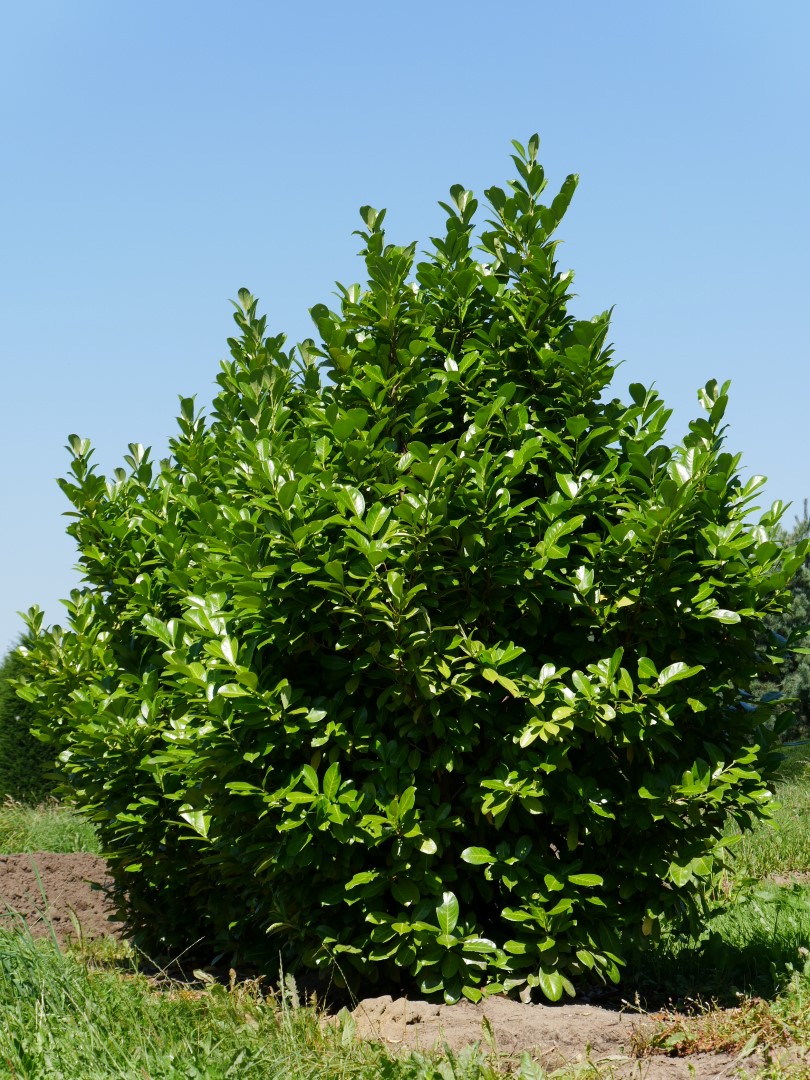
Prunus laurocerasus 'Rotundifolia' Prunus laurocerasus 'Rotundifolia' Van den Berk Nurseries
Prunus laurocerasus is a vigorous shrub with a dense, bushy bearing that, over time, spreads outwards slowly. The evergreen leaves are large (up to 6 inches/15 cm), with a fabulous shiny dark green color. In spring, small white clusters of flowers appear. Within days, shiny red berries follow suit, somewhat similar in appearance to cherries.

Prunus Laurocerasus Plant Rotundifolia View All Trees and Shrubs Trees Shrubs Hedging
Prunus laurocerasus is a widely cultivated ornamental plant, used for planting in gardens and parks in temperate regions worldwide. It is often used for hedges, as a screening plant, and as a massed landscape plant.

Prunus Laurocerasus Plant Rotundifolia Dobies
Prunus laurocerasus 'Rotundifolia' cherry laurel 'Rotundifolia' A vigorous, bushy and upright evergreen shrub, reaching a height of 5m with dark green, glossy oblong leaves. Small, fragrant white flowers on 5-12cm long spikes appear in mid and late spring, followed by cherry-like red fruits, ripening to black Join the RHS today and save 25%
-Full-Hedge-With-Lamp.jpg)
Buy Cherry Laurel (Prunus laurocerasus 'Rotundifolia')
Family: Rosaceae Native Range: Southern Europe, southwestern Asia Zone: 6 to 8 Height: 10.00 to 18.00 feet Spread: 20.00 to 25.00 feet Bloom Time: April to May Bloom Description: Creamy white Sun: Full sun to part shade Water: Medium Maintenance: Low Suggested Use: Hedge Flower: Showy, Fragrant Leaf: Evergreen Attracts: Birds Fruit: Showy
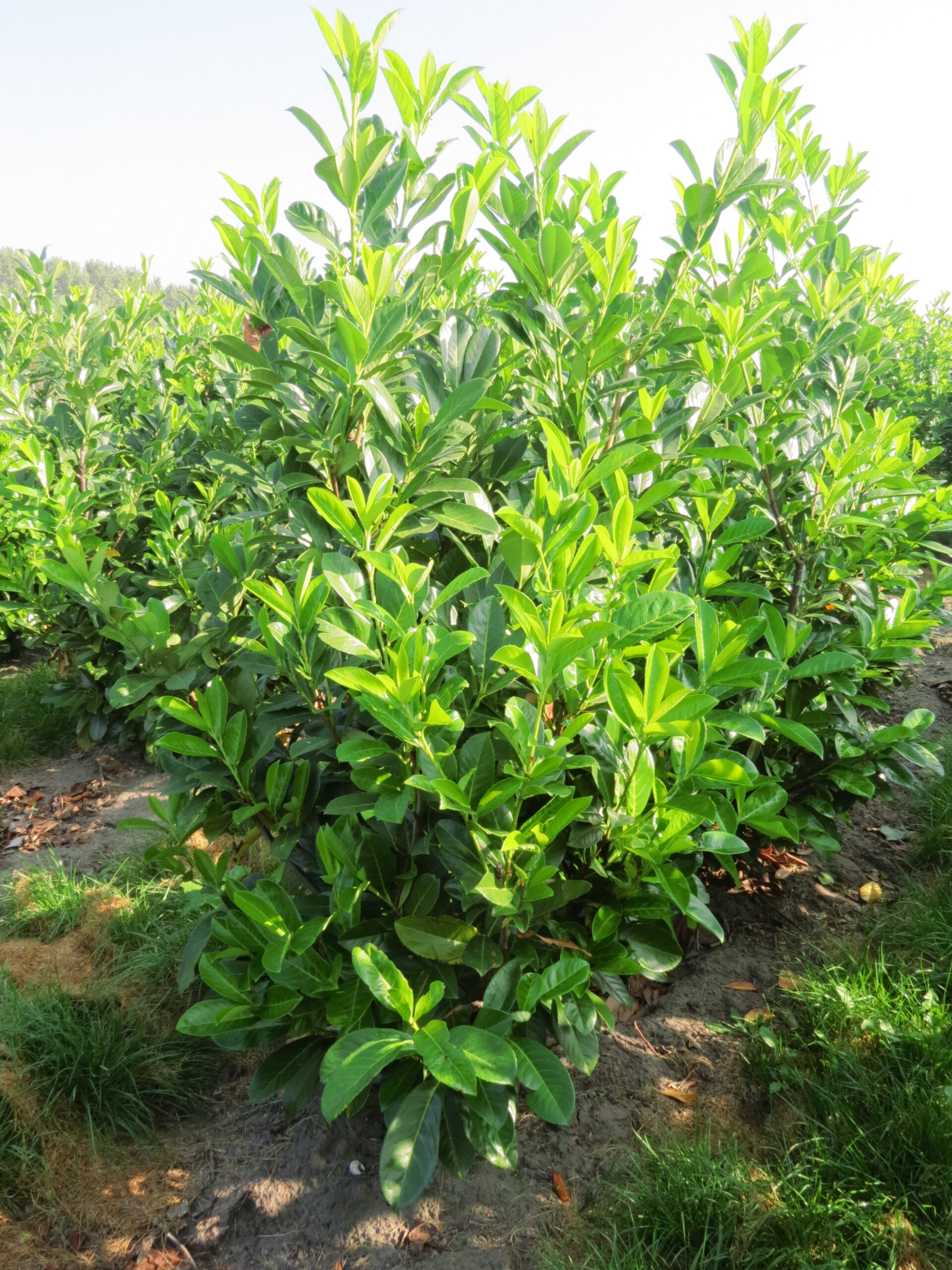
Prunus laurocerasus 'Rotundifolia' (Laurierkers) Royal Hedge
About Cherry Laurels Prunus Laurocerasus plants are often mistaken for Prunus Caroliniana, their American relative species, which are also known as Cherry Laurel. Cherry Laurel can be found in places with a lot of shrubbery and woods. They grow in many regions, from Bulgaria and Albania to northern Iran and the Caucasus Mountains.
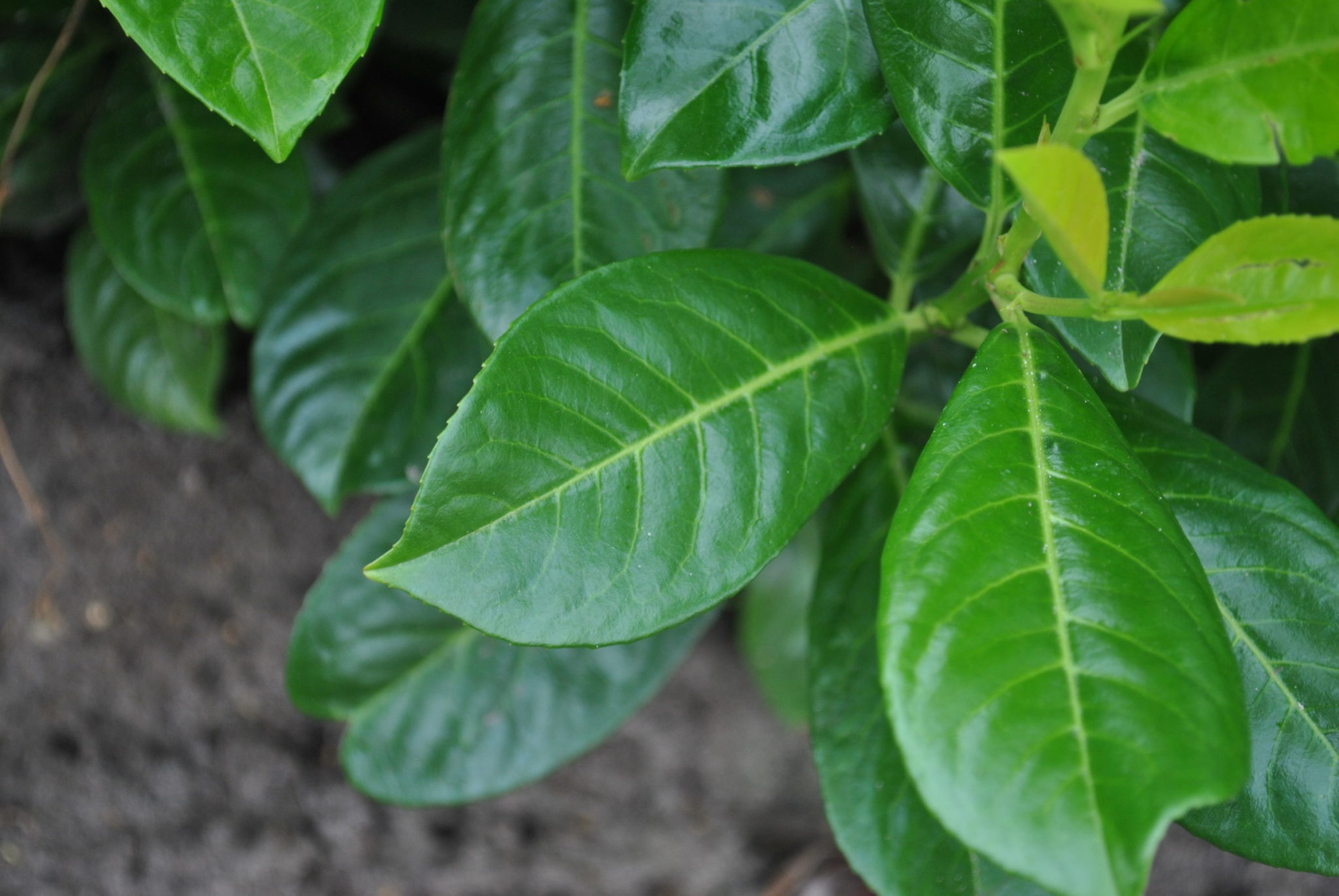
Prunus laurocerasus 'Rotundifolia' Zeelandplant
Description Cherry laurel is an evergreen shrub or small tree in the Roseaceae (rose) family native to Europe. With its erect habit and glossy green leaves this plant grows up to 20' tall and can spread to 10 feet wide. This plant blooms in the spring with sickeningly fragrant flowers that bloom even in heavy shade.

Prunus laurocerasus 'Rotundifolia', Lorbeerkirsche 'Rotundifolia'
Discuss Prunus laurocerasus 'Rotundifolia' with other Shoot members Read more ShootChecker™ Get the Right Plant, Right Place Prunus laurocerasus 'Rotundifolia' (Cherry laurel 'Rotundifolia') Select a garden project to check if this is the right plant for the garden conditions. Garden project. Update garden condition details.

Prunus Laurocerasus Rotundifolia Garden Direct.ie
Prunus laurocerasus 'Rotundifolia' Cherry Laurel Hardy FROM £29.99 50% (2 Reviews) Garden Club Members Price: FROM £26.99 JOIN TODAY Evergreen Fragrant blooms are a magnet for pollinating insects In spring see elegant creamy white flowers Delivery Information View Product Description Choose available pack sizes: Add To Basket Frequently bought with
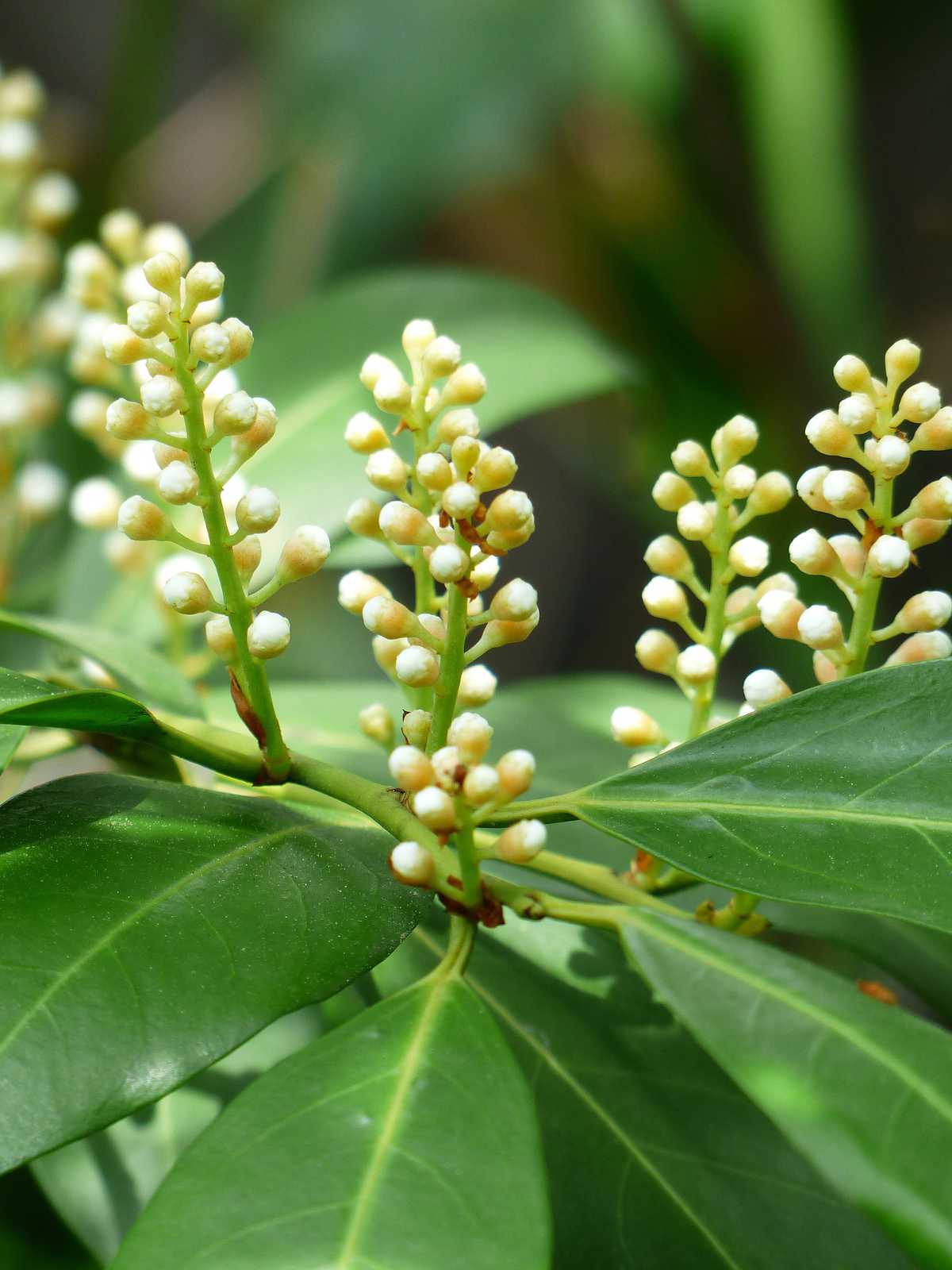
Prunus laurocerasus rotundifolia plantation et entretien
Prunus laurocerasus 'Rotundifolia' is an evergreen shrub with wide-spreading branches and profuse flowers. The blooms are white spikes that are held in clusters in the summer, they are followed by ornamental fruits which first appear red and darken to black as they age. Also known as Cherry Laurel or Common Laurel 'Rotundifolia'Grow will grow.

Prunus laurocerasus 'Rotundifolia' cherry laurel Laurocerasus, Plants, Cottage garden plants
Cherry laurel ( Prunus laurocerasus) is a versatile, robust and attractive ornamental hedging plant that's well suited to creating privacy screens and windbreaks, and can tolerate a wide range of growing conditions. Also known as common laurel or English laurel, cherry laurel is a perennial evergreen shrub belonging to the Rosaceae (rose) family.

Kirschlorbeer 'Rotundifolia' Prunus laurocerasus 'Rotundifolia' Zulauf Gartencenter
Prunus laurocerasus L. Prunus laurocerasus. First published in Sp. Pl.: 474 (1753) This species is accepted. The native range of this species is SE. Europe to Iran. It is a tree. Taxonomy. Images.
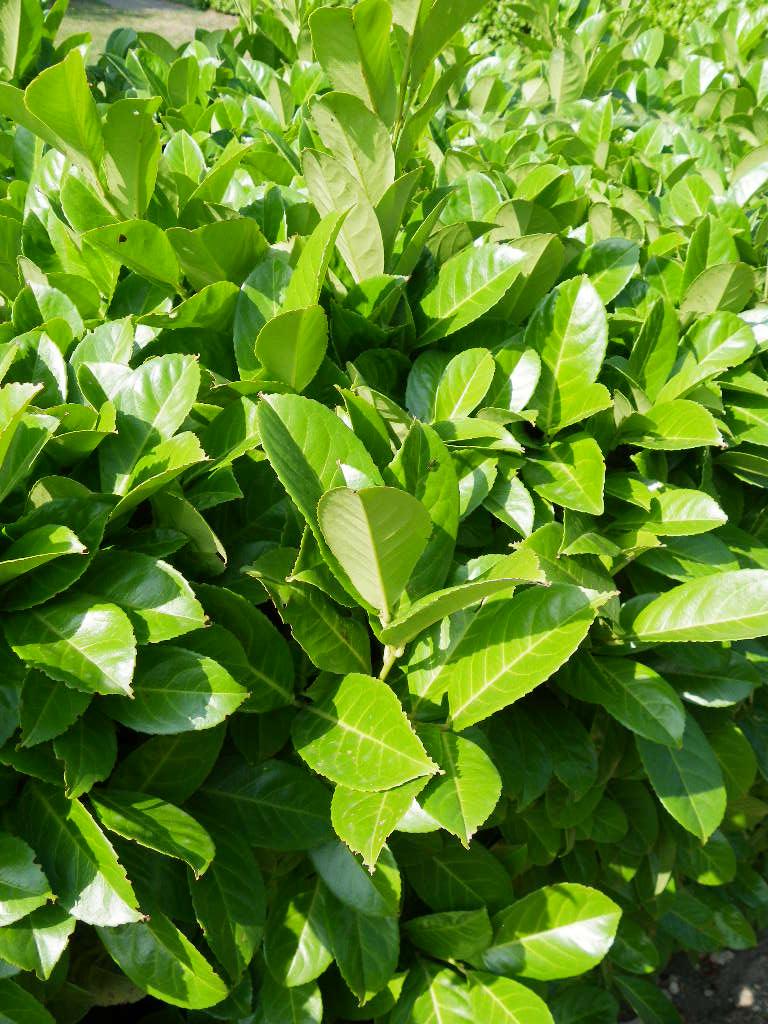
Prunus laurocerasus "Rotundifolia" Laurier amande Garden Center Fleury Fils
Prunus laurocerasus rotundifolia is a shrub as attractive in summer as it is in winter thanks to its evergreen foliage which is dense and shiny. Prunus laurocerasus rotundifolia facts Name - Prunus laurocerasus 'Rotundifolia' Family - Rosaceae Type - shrub Height - 3 to 16 feet (1 to 5 m) Exposure - full sun to shade Soil - ordinary

Prunus laurocerasus 'Rotundifolia' (Laurierkers) De Tuinen van Appeltern
Cherry laurel (Prunus laurocerasus) is a popular hedge plant not only because of its good vigour and dense, evergreen leaves. Unlike other representatives of the rose family (Rosaceae), this robust plant copes well with almost any location and its demands on the soil are also kept within limits.